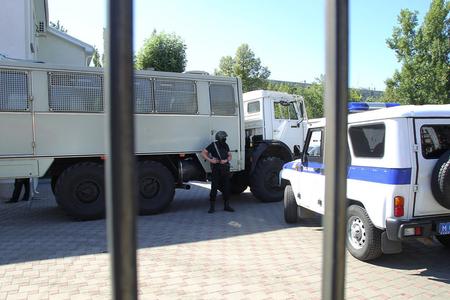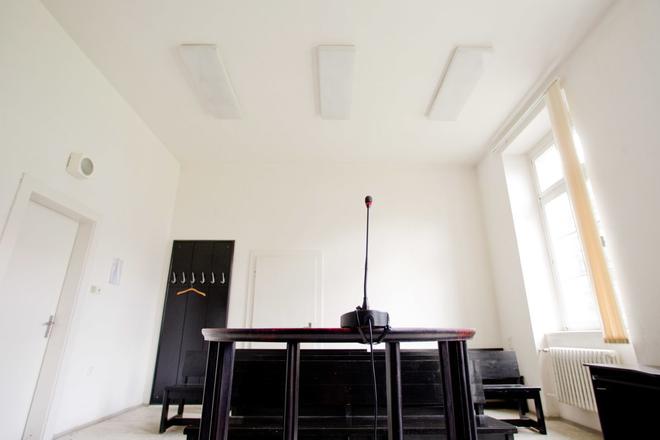On August 17, it will be one month since Ingushetia citizen Aslan Yandiyev was extradited to Russia. Slovakia did so despite his fear of being tortured – as he had already been in the past, filing an appeal with the Constitutional Court and despite calls by the United Nations. Neither Slovak authorities (Justice and Foreign Ministry), nor his lawyer in this country, Lukáš Opett, know anything about what happened next, the Sme daily wrote on August 14. The lawyer says he has not contacted him and doubts that he has any opportunity to do so.
What is Yandiyev’s case about?
Opett's client spent 10 years in Slovakia, most of those in prison. Yandiyev is suspected by Russia of complicity in a series of terrorist attacks in 2006 in various locations of the city of Vladikavkaz. He himself claims that the confessions from 12 years ago were forced out of him by three days of torture, where he ended up in the hospital.
Currently, the Ingushetia citizen is very probably in custody, but it is not known where.
Slovak diplomats will travel to Russia to formally inspect the conditions Aslan Yandiyev has been facing since their country extradited him to Russia. Justice Minister Gábor Gál wants to check on whether the suspect’s concerns of torture and inhuman treatment have not become reality, since Russia promised – before the extradition itself – that it would be possible to monitor him later on.

“We will do so in the form of an inspection visit by the representatives of the embassy in Moscow,” Justice Ministry spokesperson Zuzana Drobová told Sme.
Slovakia extradited Yandiyev on July 17, under controversial circumstances: it was even before the Constitutional Court and the UN Human Rights Committee were able to decide on his complaint. The latter even issued a preliminary ban on his extradition until it itself decided on the case. The UN committee’s decision is still being awaited; but even if it accommodates his appeal, it would be pointless, as Russia will not send him back to the European Union.
Options of the Slovak diplomats
Even if the Slovaks uncover anything suspicious, the diplomats can only report it with international institutions, as the alleged criminal is not a Slovak citizen, and so our representative office has its hands tied.

“No provisions at the consular help concern him – which is otherwise rendered to Slovak citizens in dire situation by the Foreign Ministry,” Foreign Ministry spokesman Boris Gandel said, as quoted by Sme.
The Amnesty International human rights watchdog has expressed doubts about the possible happy end of Yandiyev’s case and pointed out that the ongoing tension between Northern Ossetia and Ingushetia could complicate his situation, especially if he is detained in Vladivkavkaz, the capital of Northern Ossetia where, according to AI information, torture is often used to get confessions from suspects.



 Illustrative stock photo (source: Sme)
Illustrative stock photo (source: Sme)